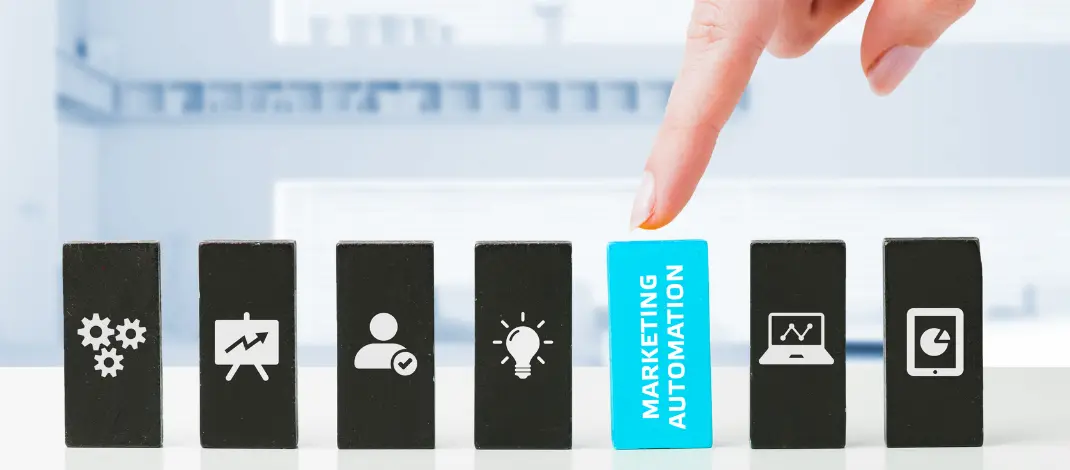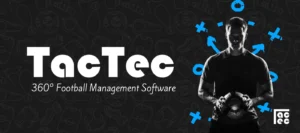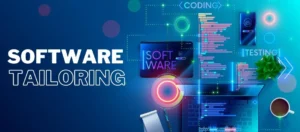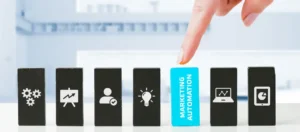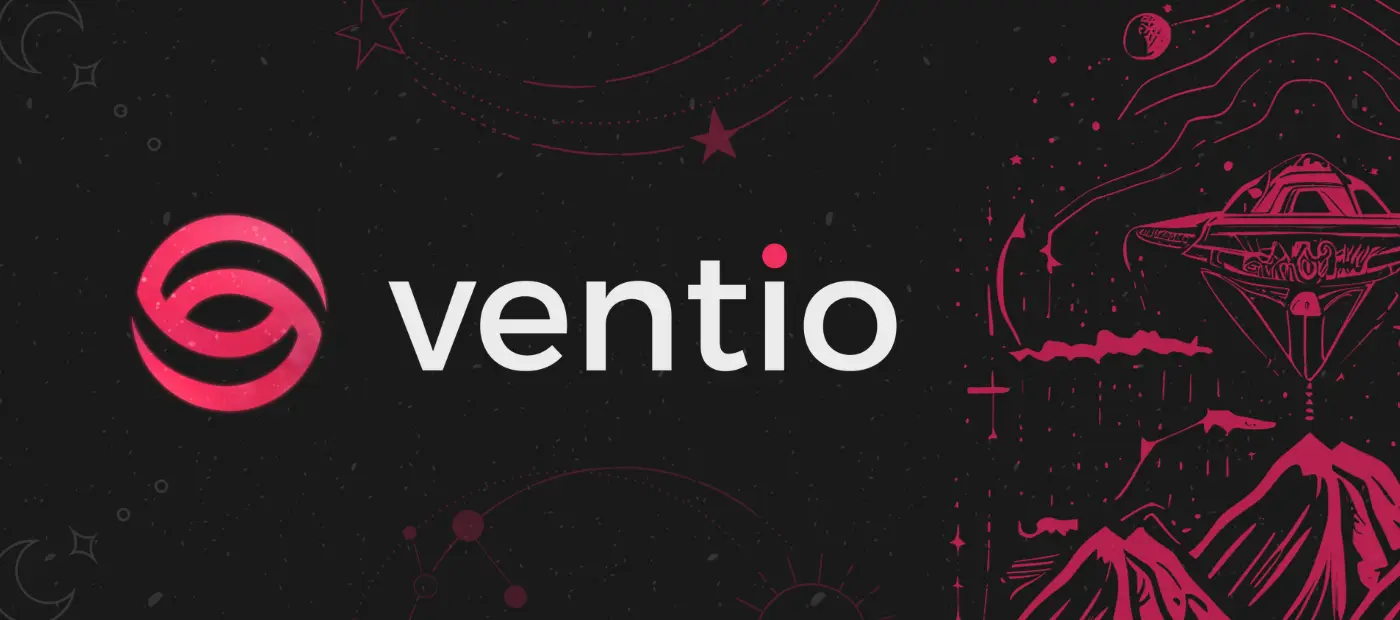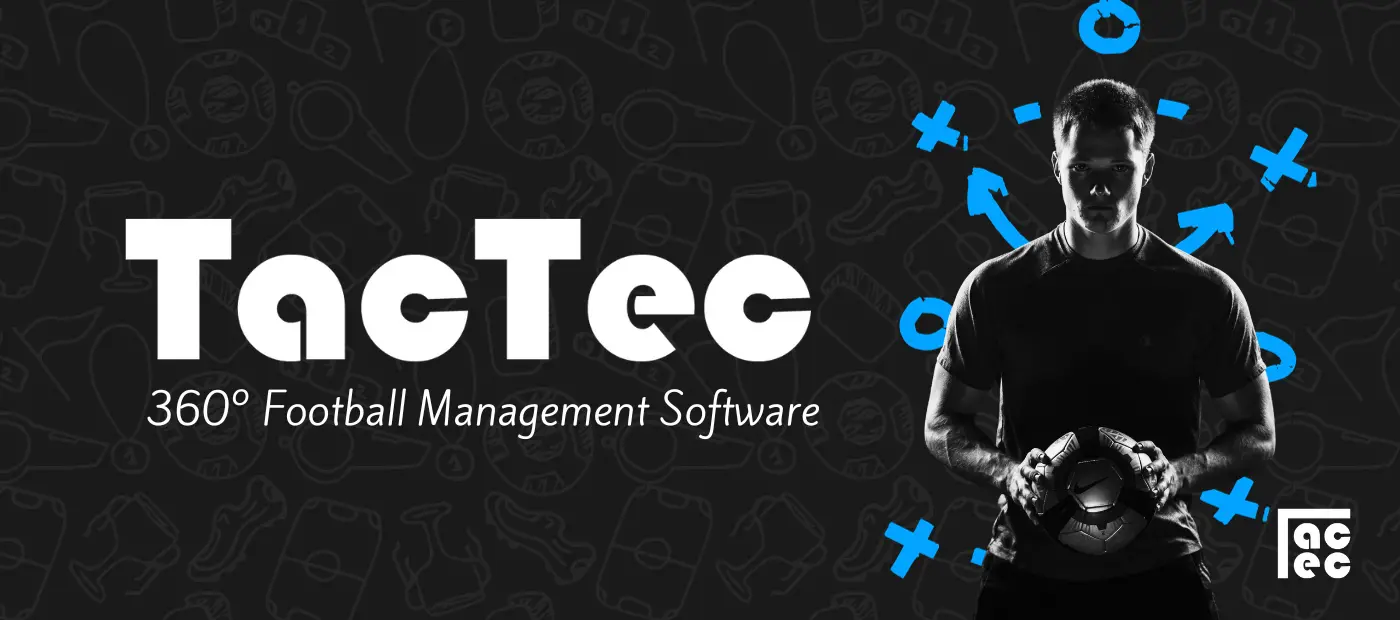Marketing Automation Strategy
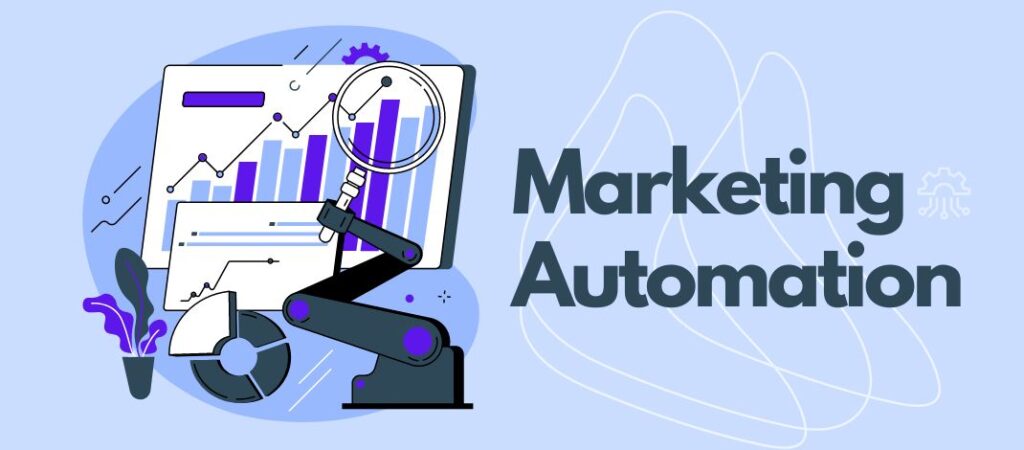
Marketing automation is a powerful tool that can revolutionize the way businesses engage with their audience. It involves using technology and software to automate repetitive marketing tasks, streamline processes, and deliver personalized experiences to customers.
A well-executed marketing automation strategy can help businesses save time, increase efficiency, and ultimately drive more revenue. It allows marketers to nurture leads, segment their audience, send targeted messages, track customer behavior, and analyze data – all in a more automated and streamlined manner.
One of the key benefits of implementing marketing automation strategies is the ability to deliver personalized content at scale. By leveraging customer data and behavioral insights, businesses can create highly targeted campaigns that resonate with their audience on an individual level. This not only improves engagement but also increases the likelihood of conversion through personal selling marketing.
Marketing automation enables businesses to nurture leads throughout the buyer’s journey. By automating lead scoring and nurturing processes, marketers can deliver relevant content at each stage of the funnel, ensuring that prospects are guided toward making a purchase decision.
A well-planned marketing automation strategy that implements personalization marketing can significantly enhance a business’s marketing efforts by reducing manual tasks, improving targeting capabilities, increasing efficiency, and driving better results. It empowers marketers to focus on strategic initiatives while leveraging technology to execute campaigns with precision and effectiveness.
Personalized Marketing

Personalized marketing has become a key aspect of marketing automation in today’s digital landscape. With the advancement of technology, marketers now have access to powerful tools and techniques that enable them to automate their marketing efforts while still delivering personalized experiences to their customers.
One important aspect of personalization marketing is marketing automation open-click strategy. This involves tracking and analyzing customer behavior, such as email opens and clicks, to tailor future communications based on their preferences.
By understanding what content resonates with each individual customer, marketers can deliver more relevant personalized messages that are more likely to engage and convert.
Another approach to personalization is through personal selling marketing. This involves using data-driven insights to customize sales pitches and offers based on individual customer needs and preferences.
One key point of successful marketing automation is personalized marketing. Tailoring your messages to individual customers based on their preferences, behaviors, and demographics can greatly enhance customer engagement and conversion rates.
With the use of advanced analytics and customer segmentation, you can create targeted campaigns that resonate with each recipient on a personal level.
By taking into account factors such as past purchases, browsing history, and demographic information, businesses can create personalized experiences that resonate with customers on a deeper level.
Overall, personalization marketing allows businesses to deliver targeted messages at scale while still maintaining the human touch. By leveraging technology and data analytics effectively, marketers can create meaningful connections with customers that drive engagement and ultimately lead to increased conversions.
Targeted ads
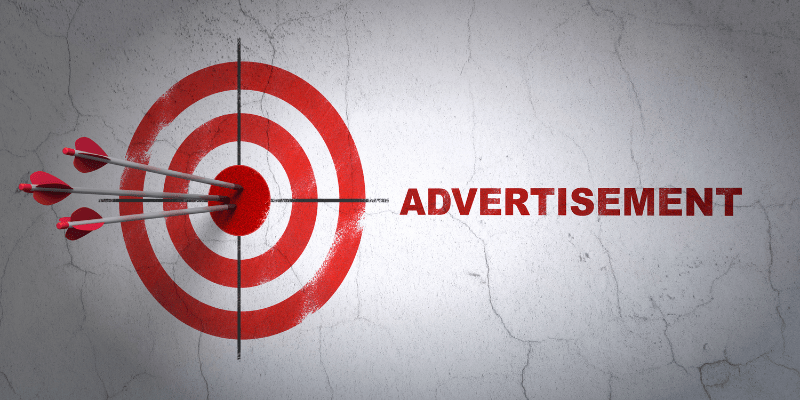
Targeted ads have become an essential part of marketing automation strategies in the digital age. With its advent, businesses now have the ability to deliver relevant advertisements to their target audience and offer them personalized experiences.
Targeted ads enable businesses to deliver more personalized messaging by tailoring ad content based on user preferences and interests, Marketers can create a more engaging and relevant experience for consumers enabling personal selling marketing. This not only increases brand loyalty but also improves overall campaign effectiveness.
Overall, marketing automation strategy has revolutionized the way businesses approach advertising. By utilizing targeted ads, companies can optimize their marketing efforts by delivering customized messages directly to their intended audience, resulting in higher engagement rates and ultimately driving business growth.
One of the key benefits of marketing automation is its ability to deliver timely and relevant content. By analyzing user behavior in real-time, businesses can send personalized messages at the right moment in a customer’s journey.
For example, if a user has shown interest in a particular product or service, automated emails can be triggered to provide more information or offer discounts related to that specific item.
Lead Generation

Lead generation is a crucial aspect of any marketing strategy, and nowadays, businesses can streamline and optimize their lead generation efforts like never before.
A marketing automation strategy allows for efficient lead nurturing. By tracking user interactions with various touchpoints across different channels, businesses can identify where users are in their buying journey. Automated workflows can then be set up to nurture leads through targeted content delivery until they are ready for conversion.
By automating lead capture forms on websites or landing pages, businesses can collect important information about their prospects, such as contact details, interests, or preferences. This data can then be used to personalized marketing communication with leads and provide them with relevant content that addresses their specific needs.
One of the key benefits of marketing automation in lead generation is its ability to gather valuable data and insights about potential customers. Through various tracking mechanisms such as website analytics and user behavior tracking, businesses can gain a deeper understanding of their target audience’s preferences and interests.
This data can then create more personalized campaigns that resonate with potential leads.
Marketing automation strategy also enables businesses to implement effective lead nurturing strategies. By automating the delivery of relevant content based on a prospect’s stage in the buyer’s journey, companies can keep leads engaged and move them closer to making a purchase.
This personalized marketing approach helps build trust and credibility with potential customers, increasing the likelihood of conversion.
Marketing automation enables businesses to create targeted email campaigns that are triggered based on specific actions or behaviors exhibited by leads. For example, if a lead downloads an ebook from a website, they can automatically be enrolled in a nurturing email series that provides additional valuable content related to the topics of interest.
In summary, marketing automation strategy plays a crucial role in lead generation, helping businesses streamline their marketing efforts and maximize their lead generation potential.
By utilizing marketing automation tools, companies can automate repetitive tasks, ultimately drive more conversions, nurture leads through personalized communication, and prioritize efforts based on lead scoring.
It not only enhances efficiency but also improves overall conversion rates for businesses seeking new customers through personal selling marketing.
Automated ads
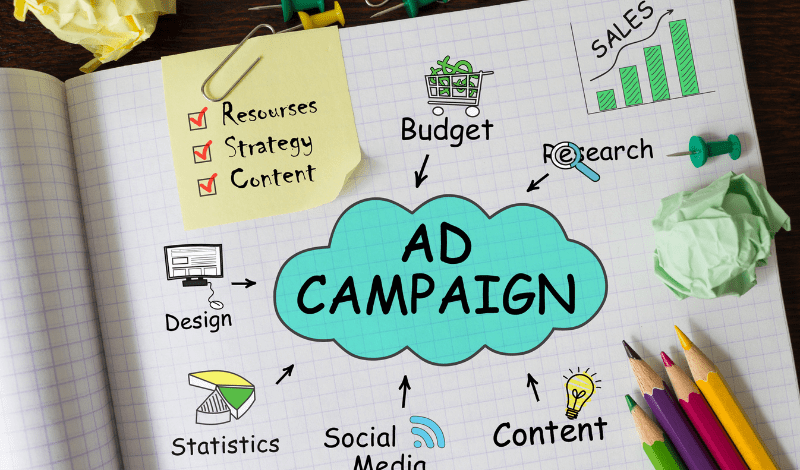
Automated ads have revolutionized the way businesses reach their target audience and generate leads by utilizing personalized marketing techniques. One crucial aspect of this advancement is lead scoring, which plays a vital role in optimizing the effectiveness of automated ad campaigns.
Lead scoring is a process that involves assigning values or scores to potential leads based on their behavior, demographics, and engagement with your ads. This allows businesses to prioritize and focus on the most promising leads, increasing the chances of conversion.
Automated ads through marketing automation strategy leverage lead scoring by using algorithms and machine learning techniques to analyze data from various sources such as website visits, email opens, clicks, and social media interactions. By assigning scores to each lead based on predefined criteria, businesses can identify high-quality prospects who are more likely to convert into customers.
With automated ad platforms equipped with lead-scoring capabilities, businesses can optimize their advertising budget by targeting specific segments of their audience that have demonstrated higher levels of interest or engagement. This targeted approach not only improves the efficiency of ad campaigns but also increases the likelihood of generating qualified leads.
Furthermore, automated ads provide real-time tracking and analytics that enable businesses to monitor the performance of their campaigns continuously. By analyzing data related to lead scores and conversions, marketers can make informed decisions about adjusting ad strategies or refining targeting parameters for better results concerning personalization marketing.
While technology plays a crucial role in delivering targeted ads, personal selling marketing remains an integral part of the overall marketing automation strategy. Personal selling marketing allows businesses to establish direct relationships with customers, addressing their unique needs and providing tailored solutions. This human touch complements the automated efforts and fosters trust and credibility.
In conclusion, targeted ads are an indispensable element in today’s marketing landscape. By harnessing the power of marketing automation strategy, personalization marketing techniques, and personal selling marketing approaches, businesses can reach their desired audience effectively while delivering meaningful experiences that drive results that maximize their advertising efforts by focusing on high-quality prospects while optimizing their return on investment.
Omnichannel Marketing
Omnichannel marketing involves integrating various communication channels such as email, social media, websites, mobile apps, and more. By utilizing marketing automation platforms, businesses can effectively manage and track customer interactions on these different channels.
With the help of marketing automation tools, businesses can automate repetitive tasks like sending personalized emails, scheduling social media posts, and tracking customer behavior. This not only saves time but also ensures that the right message reaches the right audience at the right time.
Moreover, omnichannel marketing automation enables businesses to gather valuable data from each channel and use it to create more targeted and personalized campaigns. By analyzing customer behavior across multiple touchpoints, businesses can gain insights into their preferences and tailor their messaging accordingly.
In summary, incorporating omnichannel marketing automation into your strategy can enhance your overall marketing efforts by delivering a consistent brand experience across various channels while saving time through automated processes.
ROI

In today’s competitive business landscape, maximizing return on investment (ROI) is crucial for success. One way to achieve this is by focusing on improving conversion rates through effective marketing automation strategies.
Marketing automation plays a significant role in maximizing ROI. By automating repetitive tasks such as lead nurturing, email campaigns, and social media scheduling, businesses can save time and resources while ensuring consistent messaging and engagement with their audience. This allows marketers to focus on more strategic initiatives that drive conversions and revenue.
Another key aspect of maximizing ROI is through the implementation of smart bidding techniques in digital advertising campaigns.
In addition to personalized marketing, incorporating personal selling marketing techniques into your overall marketing approach can also boost ROI. Personal selling marketing involves building relationships with customers through one-on-one interactions, whether it be through sales calls, meetings, or personalized emails.
This approach allows for deeper connections with prospects and customers, leading to higher conversion rates and increased customer loyalty.
Smart bidding utilizes machine learning algorithms to optimize bids based on various factors such as user behavior, device type, location, and time of day. By leveraging this technology, businesses can enhance their ad performance and increase the likelihood of conversions while minimizing wasted ad spend.
One key advantage of smart bidding is its ability to implement personalized marketing.
By analyzing user data and behavior patterns, smart bidding algorithms can tailor ad placements and bids to individual users, ensuring that the right message reaches the right audience at the right time.
Moreover, smart bidding allows for effective marketing automation open click strategy.
By automatically adjusting bids based on historical data and real-time performance metrics, marketers can focus their resources on campaigns that yield higher open and click-through rates.
Another benefit of smart bidding is its potential for personal selling marketing. By utilizing machine learning algorithms, marketers can identify patterns in customer preferences and behaviors, enabling them to deliver highly targeted ads that resonate with individual consumers. This personalized marketing approach not only enhances customer engagement but also increases the likelihood of conversions.
Overall, by incorporating marketing automation strategy tools and adopting smart bidding strategies, businesses can effectively maximize their ROI by driving higher conversion rates and optimizing their advertising efforts.
Data in, data out
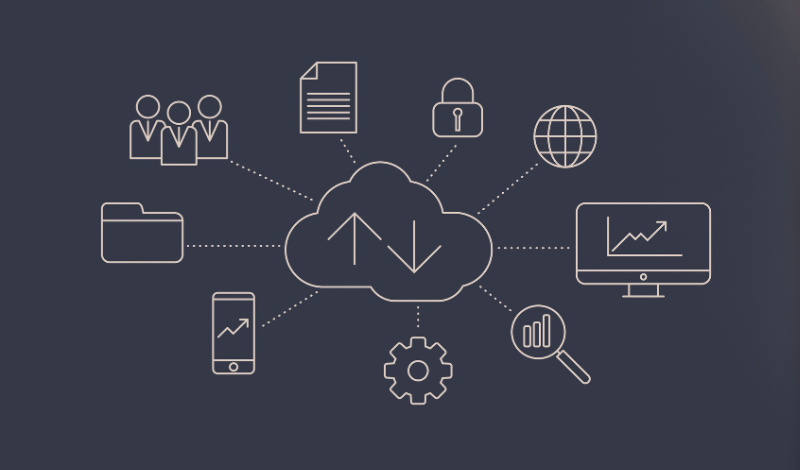
In the world of marketing automation strategy, the phrase “data in, data out” holds significant importance. It refers to the process of leveraging data to drive personalized marketing strategy and achieve desired outcomes.
A key component of a successful marketing automation strategy is the ability to collect and analyze data from various sources. This includes customer interactions, website analytics, email campaign metrics, and more. By gathering this data, marketers can gain valuable insights into consumer behavior and preferences to achieve personal selling marketing.
With these insights at hand, marketers can then implement personalized marketing tactics that resonate with individual customers. This could involve tailoring email campaigns based on past open and click-through rates, marketing automation open click strategy or creating targeted content based on specific demographic or behavioral characteristics.
Furthermore, personal selling marketing can also benefit from the power of data-driven strategies. By utilizing customer information such as purchase history or preferences, sales representatives can engage in more meaningful conversations with potential buyers. This personalization helps build trust and rapport while increasing the likelihood of a successful sale utilizing personalization marketing.
Overall, the use of data in marketing automation is crucial for effective personalization marketing. By harnessing the power of analytics and leveraging customer insights, businesses can create tailored personalized marketing experiences that drive engagement and ultimately lead to increased conversions.
Conclusion
In conclusion, personalization marketing has become a crucial aspect of any successful marketing strategy. With the advancements in technology and the rise of marketing automation tools, businesses now have the ability to tailor their messaging and offerings to individual customers on a large scale.
By implementing a well-planned strategy that includes personalized marketing content and targeted campaigns, businesses can effectively engage with their audience and drive higher open and click-through rates. This approach allows for more meaningful interactions with customers, fostering loyalty and increasing conversion rates.
Incorporating personalization into your marketing automation strategy is no longer an option but a necessity. It enables businesses to build stronger relationships with customers, increase engagement levels, and ultimately drive revenue growth. As technology continues to evolve, it is essential for marketers to stay abreast of new trends in order to leverage the power of personalization marketing.
We hope you enjoyed reading this blog post, and we’d love for you to stay connected with us on social media. Follow us on Facebook, Instagram, X, and LinkedIn for more great content!
If you want to get the latest updates from us in real-time, don’t forget to subscribe to our Newsletter – we’re always working hard to provide readers like you with the best content possible. So don’t miss out!
Also, If you interested in marketing automation for E-commerce don`t forget to check out our article about E-commerce. And to build a custom software that helps in increasing your capabilityin marketing, check our aticle about Software Tailoring.

